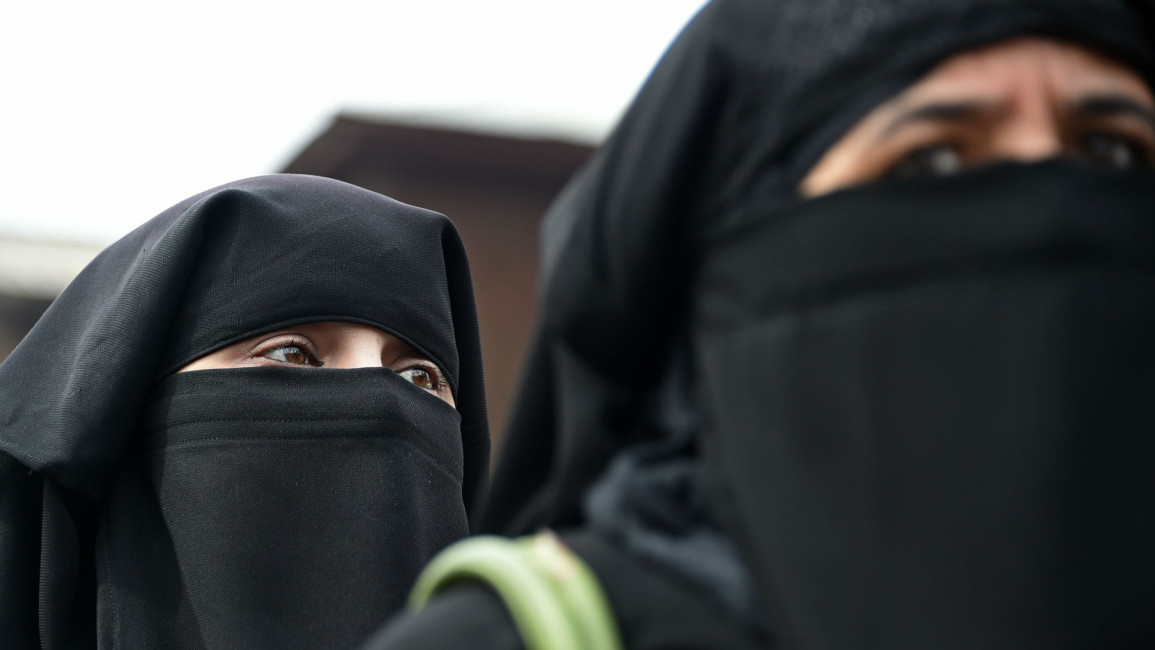Sri Lanka bans public face veils for Muslim women
Sri Lankan authorities on Monday introduced an emergency law banning the wearing of face veils in public.
The extraordinary measure comes in the aftermath of the Easter Sunday attacks against three luxury hotels and three churches, in whcih 253 people were killed.
"It is a presidential order to ban any dress covering faces with immediate effect," Dharmasri Bandara Ekanayake, a spokesman for President Maithripala Sirisena, told Reuters.
In a separate statement, Prime Minister Ranil Wickremesinghe said he had instructed the justice minister to draft regulations on banning Islamic face veils.
Authorities in the Indian Ocean island say the ban will allow security forces to identify remaining attackers and their sympathisers as police continue raids across the country.
Concerns, however, have been raised among the country's Muslims, who fear that the ban could raise inter-communal tensions in the religiously-diverse nation. Until 2009, Sri Lanka had been locked in a civil war lasting over two decades with Tamil Tiger rebels.
Mohammad Musthaque, who owns an automobile repair shop in Kalmunai, told the Associated Press he supports the government's decision and has asked women in his family to not cover their faces.
His wife, Fathima, agreed but said the ban could make some women feel guilty.
"All Muslims are not (a) terrorists," she said. "The terrorists are doing this kind of work and it has affected all the, not only Muslims, but all the Sri Lankan people."
Security forces on Monday continued to search for suspects and explosive-making material as they went door-to-door in a search operation in the eastern town of Kalmunai.
Armoured trucks and soldiers were seen leaving a Muslim-majority neighborhood after the search operation ended following Friday's suicide bombings at a militants' safe house in the city.
The Islamic State group said they were behind the Easter attacks, which killed more than 250 people.
Follow us on Twitter: @The_NewArab



